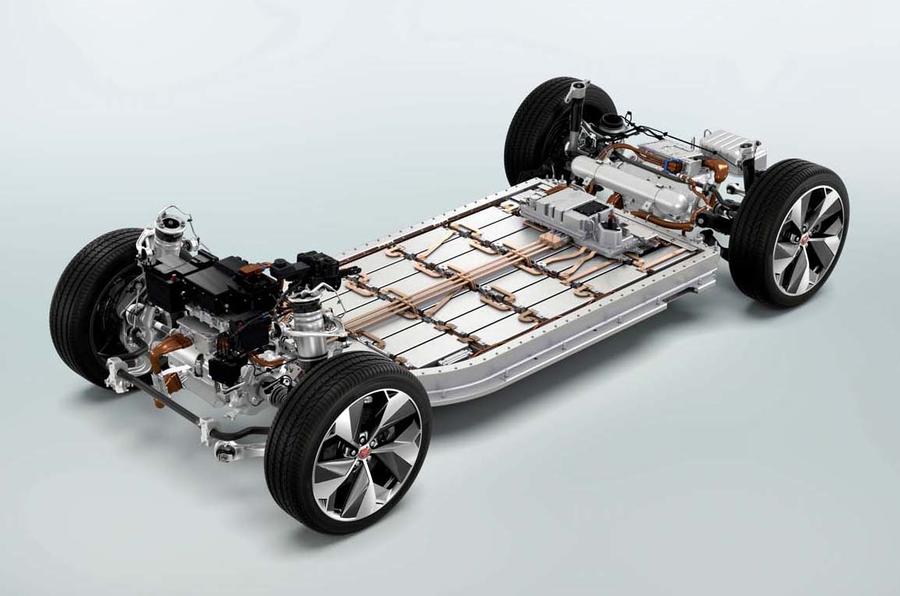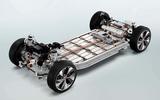You may have spotted stories cropping up in the newspapers lately, about revolutionary battery technologies for EVs. Range anxiety will become a thing of the past, EVs will be topped up in a few minutes, and so on.
Do the claims hold any water? It looks like it, the alternatives to what we’ve got today are well understood and several companies say they are close to a breakthrough.
It appears there are two key changes that could improve the capacity and charging speed of lithium ion batteries if they can be made to work. One is a change to the material used for the battery negative electrode, the anode, and the other is a more radical switch to solid-state technology.
Anodes are made largely from carbon in graphite form, where lithium ions are stored when the battery is fully charged. It’s not the ideal material, as others store more energy but their use has so far proved technically unfeasible. Switching to an alternative such as a silicon-based material can increase the speed of charging and the capacity, and that means the existing lithium ion battery format can be substantially improved - if battery developers can find a way to make it work in mass production.
The other approach involves moving to a new design, the solid-state lithium ion battery. In that case, the flammable liquid electrolyte is replaced by a slim solid electrolyte which takes up less space and is inflammable. It also means that the graphite anode could potentially be replaced with a lithium metal anode, increasing capacity and speeding up the charge process.
Lithium metal anodes can’t be used for the existing format of battery because they grow tentacle-like dendrites which spread through the liquid electrolyte to the cathode causing a short circuit and fire. In a solid-state battery, the solid electrolyte prevents that.
Either approach could be a game-changer, with the proviso that solid-state batteries should be lighter and safer than the existing format. Battery technology developers have been on the case for at least a decade and both Toyota and Volkswagen have said recently they’re close to producing viable solid-state EV batteries.








Join the debate
Add your comment
In part I agree, EV power should've been further ahead because car makers were making enough in the lat Century,now, they can't get there adds on Telly quick enough, and if they crack the just fill up and go like ICE Cars, then I'll be a customer, mind you, might have no alternative though.
"the flammable liquid electrolyte is replaced by a slim solid electrolyte which takes up less space and is inflammable."
Yeah, about that. inflammable is not the opposite of flammable. I know it's weird and feels as though it should be, but it's not. They both mean the same thing.
You were looking for non-flammable or not inflammable
The car industry is really, really good at incremental improvement. Most of the technology in today's cars has been around for a long time, but has been honed and optimised by many clever people.
Some think that current EV technology can be improved by 30% across the board, but solid state batteries sound lighter, safer and less toxic to build. Here's hoping we really are on the cusp of a breakthrough.